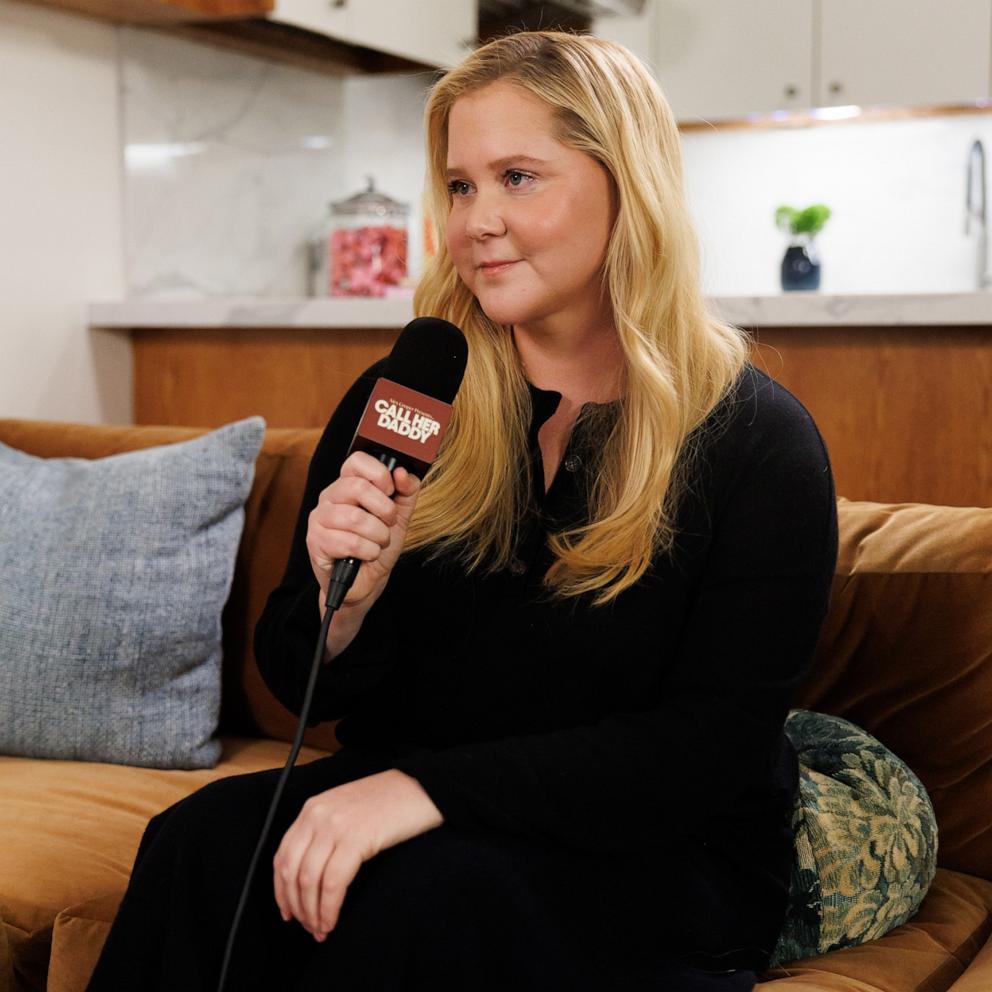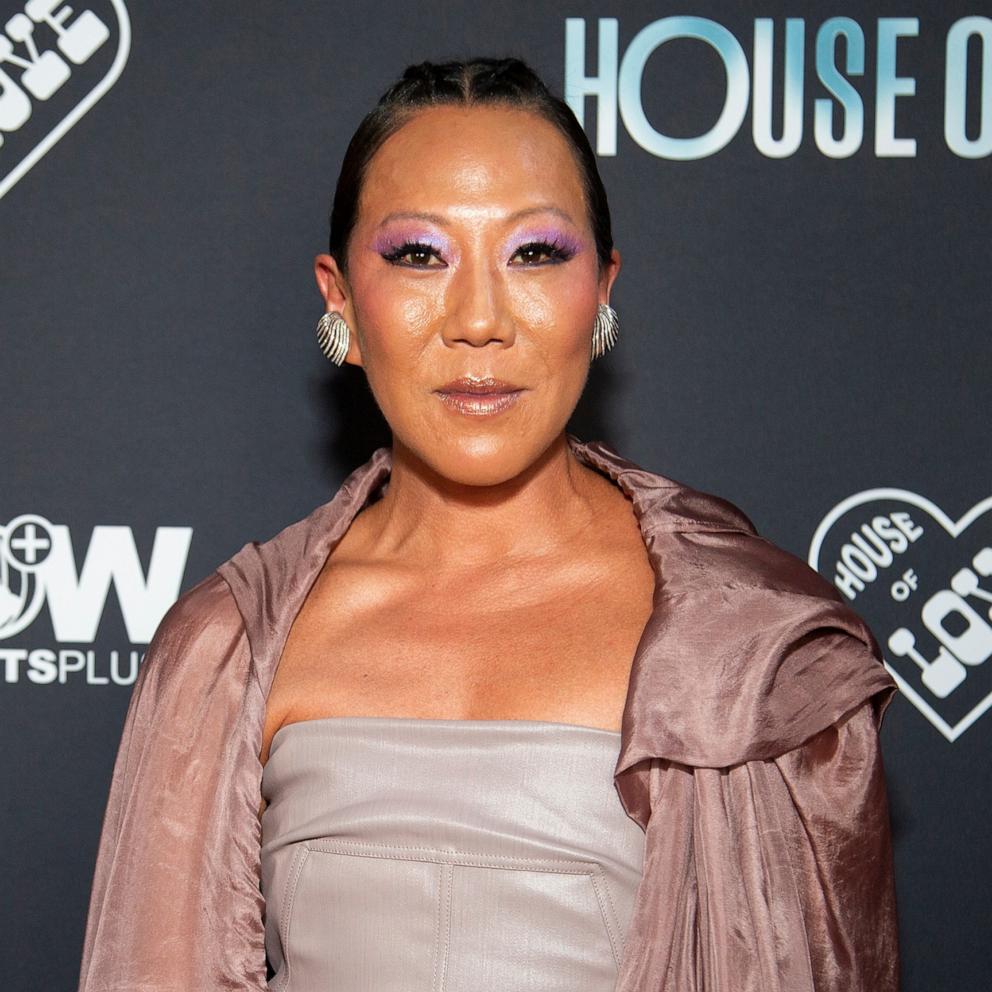Cancer diagnoses rising faster in women, especially those under 50: Report
Women are now being diagnosed with cancer more often than men in certain age groups, according to a new report from the American Cancer Society.
Among adults aged 50-64, cancer rates are slightly higher in women, and women under 50 are almost twice as likely as men in the same age group to receive a cancer diagnosis.
The report, released Thursday, found that while deaths continue to decrease, troubling racial disparities persist, with white Americans more likely to survive cancer than other groups.
Meanwhile, the report echoed data from recent years suggesting a worrying increase in cancer diagnosis among younger Americans, with colon cancer rates increasing among adults 65 and younger.
Broadly, the report suggested doctors are getting better at saving lives thanks to better treatments but reinforced worrying trends around rising diagnoses of some cancers, particularly among women. Changes in screening practices, lifestyle factors, obesity, environmental hazards and lower rates of smoking in men may be contributing to the trend, the report said.
Alcohol in particular was singled out as a possible lifestyle factor that may increase the risk of some cancers.
"For colorectal cancer, for example, it seems to be really excessive [alcohol intake] that is associated with increased risk of this cancer, whereas for breast cancer, there doesn't seem to be any safe level of alcohol, but the elevated risk is small," said Rebecca Seigel, senior scientific director of cancer surveillance research for the American Cancer Society.
As Seigel explained, higher rates of cancer in young people could also be part of a "generational impact" where people are diagnosed earlier in life and less frequently when they are older.
Lung cancer remains particularly deadly, with 2.5 times more deaths than colorectal and pancreatic cancer. Smoking continues to be the leading preventable cause of lung cancer, but other contributors, such as radon, air pollution and genetic mutations, may be driving cases.
"Overall, in this country, nonsmoking lung cancer, by itself, would be the eighth leading cause of cancer mortality, and worldwide, it would be the fifth leading," said Dr. William Dahut, the American Cancer Society's chief science officer.

Disparity rates in cancer outcomes remain striking as well, especially for minority populations.
Uterine corpus cancer, for example, has lower survival rates now than 40 years ago, with Black women at 63% survival compared to 84% for white women. Black men and women also face some of the highest death rates for prostate and breast cancers.
"I think the stubborn resistance in terms of outcomes among underrepresented minorities is a concern," said Dr. Wayne A. I. Frederick, interim chief executive officer of the American Cancer Society.
"We have our VOICES program, which is an attempt to enroll as many African American women from across the country in a longitudinal study, something that hasn't been done to try to answer some of these questions as to why that persistent burden is there," he added.
The report does include some good news. While it predicts around 1,700 deaths from cancer per day in 2025, cancer death rates have fallen by 34% since their peak in 1991, preventing nearly 4.5 million deaths over the past three decades. This progress is largely attributed to declines in smoking, earlier detection for certain cancers, and advances in treatment, including breakthrough therapies like immunotherapy and targeted drugs.
Prevention has been a critical focus too, with initiatives like smoking cessation programs and HPV vaccination playing pivotal roles in reducing cancer risk. Public health efforts targeting obesity, alcohol use and expanding access to screenings have also helped tackle preventable cancers by improving early detection.
Cancer experts stress the importance of staying current with screening recommendations. For example, the American Cancer Society recommends most people start screening for colorectal cancer at age 45 or even sooner if you have a family history. For breast cancer, mammogram screening should start at age 40 for women with normal risk and earlier for women at high risk.
The report is a call for people to understand their family history better and take steps to reduce cancer risk, Dahut noted.
"Being proactive on your diet, on your exercise, avoiding tobacco, getting your vaccinations and monitoring alcohol are really all important ways to actually prevent cancer," he said, adding that research efforts are also focused on finding new ways to detect cancer.
Miranda Guerriero, D.O., is a resident physician at University of Texas at Tyler and a member of the ABC News Medical Unit







